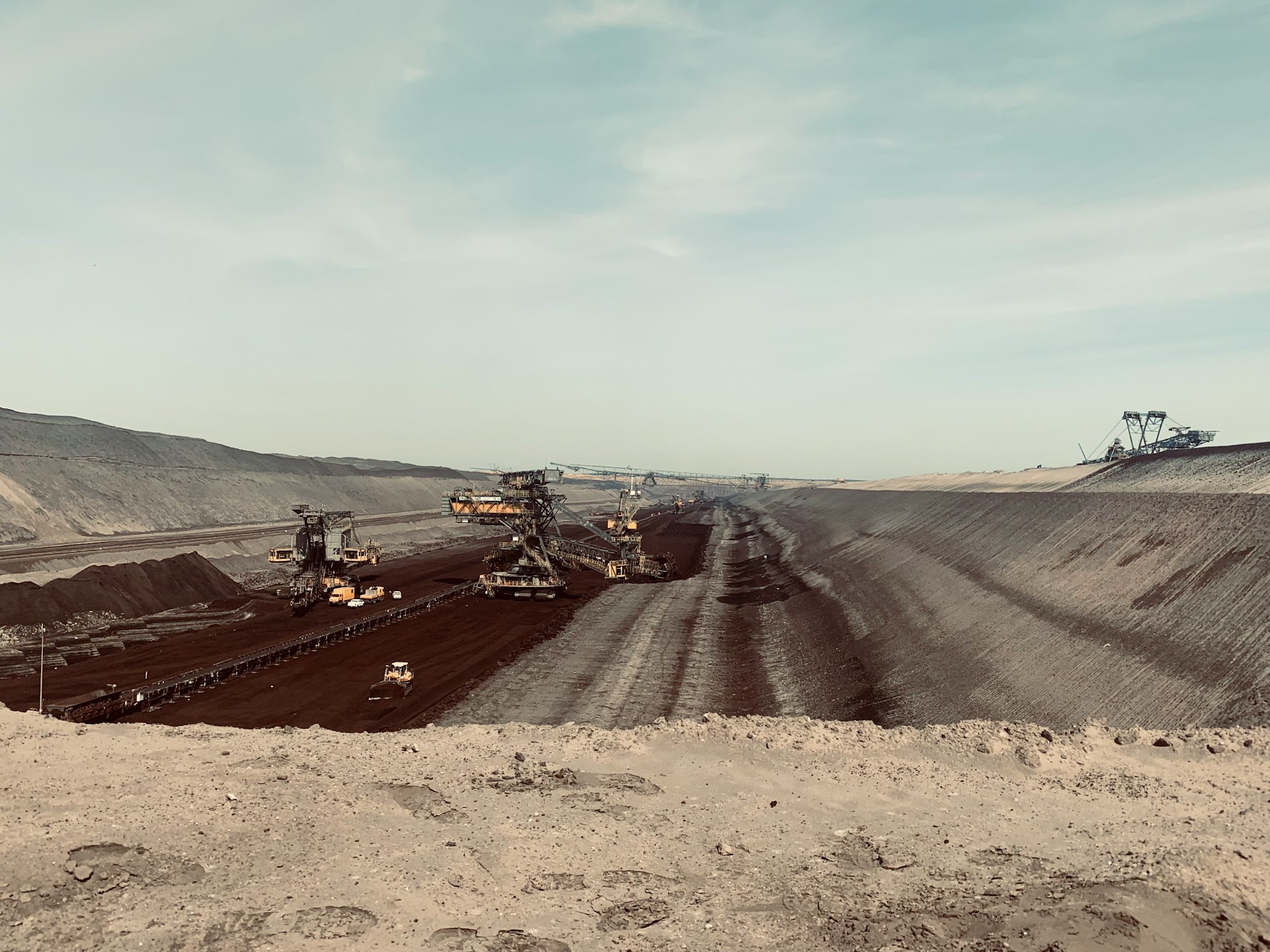Laughing at Washington D.C.’s problems has become a national pass time. When it comes to the city’s proposed new convention center, crying may be more appropriate.
The city is about to build a new, $800 million convention center that will be obsolete by the time it is complete. To do so, the city is willing to put taxpayers on the hook for an unlimited amount.
Unwilling to turn back from a bad decision, the city council has approved a blank check to raise taxes to cover convention center costs if available funds are short. And they are. The U.S. General Accounting Office has warned that the current financing for the convention center is inadequate, meaning that the district’s businesses – many of whom will receive little or no benefit – are on the hook for untold costs.
The old convention center was considered outmoded almost immediately after it was built, too small to attract many conventions. It still requires a $7 million annual operating subsidy to survive. Because expansion was not possible at the site, the city began looking for another location to build a newer and bigger convention center.
Sadly, the city picked a site that would doom them to repeat their past failure – building a center that could not be expanded and has no parking. The site, hemmed in by buildings and roads on all sides, would require incredibly expensive underground reinforcement and construction – just to make it a big convention center by today’s standards. Too bad that by the time it is complete, it would not rank as one of the 15 largest convention centers in the country, according to three top convention center planning firms. And of course expansion would not be possible.
In large part because of the expensive construction techniques required, costs have almost doubled from original estimates. Current estimates are over $800 million and may reach $1 billion.
SNIP-ITS: Bipartisan Commission Says Cut Subsidies That Harm Environment
Two years in the making, a new report endorsed by a bipartisan group of Congressmen, governors, mayors, and state regulators; leaders from the environmental and business communities; and three former EPA administrators, recommended establishing a commission to eliminate “subsidies that provide incentives for environmental degradation.” For more information on the report entitled The Environmental Protection System in Transition call (202) 775-3267 or go to www.csis.org/e4e.










Get Social